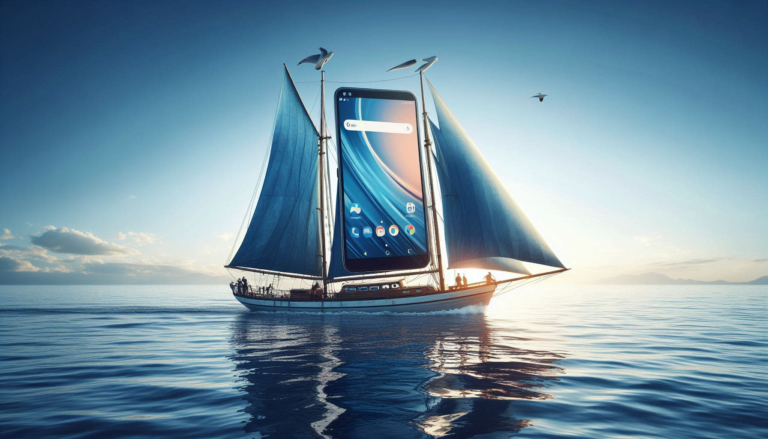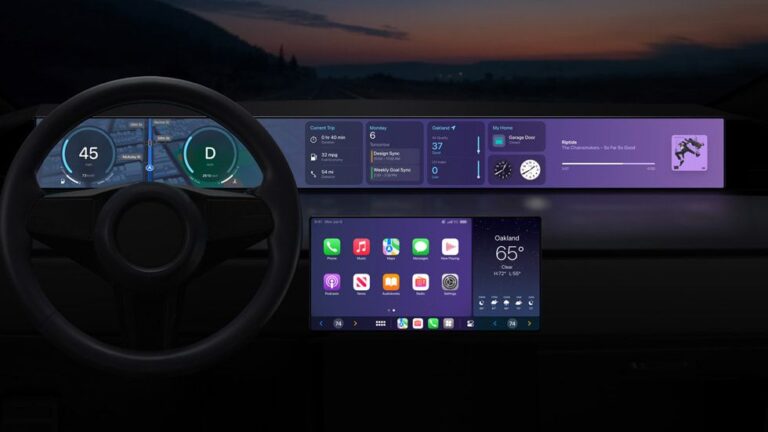Microsoft’s relationship with its partners has never been worse.
- For the last 10 years when Microsoft’s has dabbled in hardware, its partners have watched it with a wary eye but the Surface was a game changer.
- This was admitted in the open for the first time by Meg Whitman at the HPQ analyst day.
- “Outright competitor” and “adversary” were the terms used to describe its partners where the emphasis was clearly on Microsoft.
- This is an issue that has been bubbling under the surface for years but the launch of the Surface really brought the issue front and centre.
- This is because Microsoft did not tell anybody that it was going to launch this product and now all of the OEMs are wondering when the rug will be pulled from under their feet.
- If Microsoft starts making devices, how can OEMs ever be confident of getting fair treatment when it comes to sourcing the OS?
- At any moment, Microsoft as a hardware maker is able to launch a device that is better due to Microsoft’s control of the software and the ecosystem.
- The OEMs can no longer share their plans to differentiate with Microsoft and as a result the software they receive will not be optimised or specified for those plans.
- In short they are in real trouble, as they control neither the microprocessor nor the software on their devices leaving them to be squeezed in the middle.
- Microsoft has yet to make any real impact in the hardware space as sales of its surface products have been tiny, but this is just the beginning.
- Microsoft has bought Nokia and I would not be surprised to see it also buy a PC business.
- Both HPQ and Dell are struggling with their PC businesses and I have long suspected that they will get rid of them if they can.
- Microsoft now has handsets and tablets. It is a logical step on its journey to become a devices and services company for it to also move into PCs.
- Whether or not it will have any success as a device company remains to be seen as it has made a horrible mess of almost every hardware business it has purchased.
- Whatever the outcome, Microsoft has damaged its relationship with its key partners to a point where if there was an alternative operating system to use in PCs, they would all jump at the chance.
- That chance is not going to come as Microsoft’s share in PCs has been pretty steady for some time meaning that the medium term outlook for the PC makers is pretty grim.
- The two exceptions to this are:
- Firstly, the business that Microsoft might buy. Here I would highlight HPQ or Dell
- Secondly, Asustek and Samsung, which are making headway on differentiating through form factors enabled by Windows 8.
- Outside of these Microsoft and Intel remain the best ways to play a possible stabilisation of the PC market which I am not sure is upon us just yet.
- The other PC makers have been further undermined by Microsoft and look like they will struggle even more both in the short and long term.









Blog Comments
tatilsever
October 10, 2013 at 3:29 pm
> “[…] stabilisation [sic] of the PC market which I am not sure is upon us just yet.”
Well, IDC and Gartner says PC sales grew year on year this quarter. This is where the mobile computing revolution started, so it could be a leading indicator. It will not grow by leaps and bounds again, but a stable to slightly growing business might let all the PC makers to eke out a living again.
windsorr
October 12, 2013 at 12:54 pm
I am not sue they said that…what I read was still a YoY decline of around 8% instead of Q2’s cataclysmic 11% YoY decline.
tatilsever
October 14, 2013 at 1:27 am
Ooops… I meant to say “PC sales grew *in the US*”
tatilsever
October 10, 2013 at 3:36 pm
I am curious why you expect Microsoft to buy a PC maker. Design-wise, it seems they’ve got enough of a team to develop a few SKUs a year. If they are really trying to become more like Apple, that may be enough with some organic growth. Besides, many of these PC makers have outsourced much of hardware design to Asia. They may be arguing that they are only doing that for their entry level systems, but that could still mean they do not have much of an internal development capability left. More volume might help with price negotiations, but Microsoft has enough name recognition and inspires enough confidence for future growth that most suppliers will offer them their best price. I am not convinced the few advantages of buying a PC maker is worth the integration headaches for Microsoft.
windsorr
October 12, 2013 at 12:55 pm
Its the natural step from making came consoes,, mobile phones and tablets. PCs ultrabooks next…given their history in hardware it might be better to do it organically